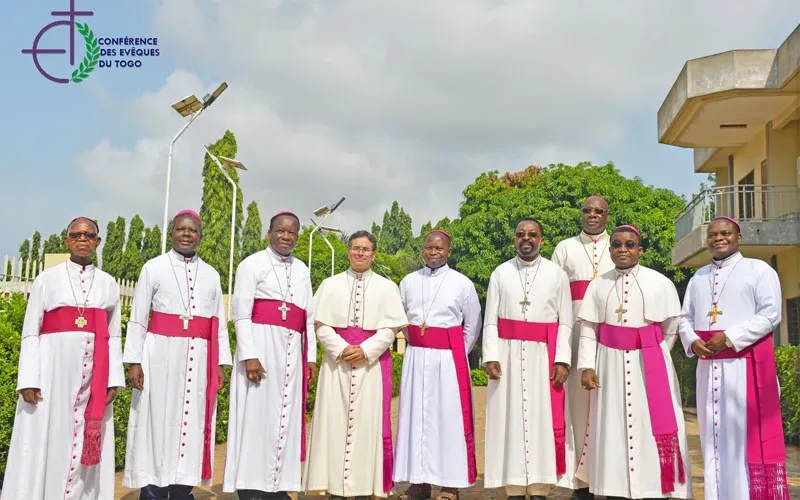Lome, 02 October, 2021 / 11:00 pm (ACI Africa).
A recent decision to close places of worship amid a surge in COVID-19 cases in Togo did not take into consideration psychological, social and spiritual realities, Catholic Bishops in the West African nation have said.
On September 10, the government announced the extension of a health state of emergency for 12 months and ordered the closing of places of worship for one month.
Following consultations with Togo’s Prime Minister, members of the Episcopal Conference of Togo (CET) obtained a one-week exemption for “important religious ceremonies”.
In a collective statement issued over the weekend, CET members say, “The systematic closure of places of worship used as one of the means to fight against the transmission of the virus, is an exclusively biomedical approach of the pandemic that ignores its psychological, anthropological, social and spiritual realities.”
“Places of worship, especially those of the Catholic Church, are places where prevention measures are mostly respected compared to other places that are not affected by the same measures,” the Catholic Bishops in Togo further note in their statement issued September 25.








